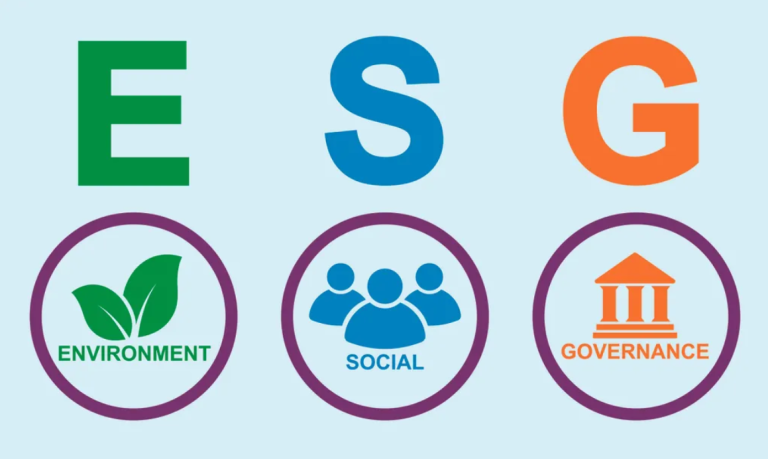Sustainable investing, often referred to as ESG (Environmental, Social, and Governance) investing, has become a significant and influential force in the financial world. As investors increasingly seek to align their portfolios with their values and support companies that prioritize sustainability, it is essential to work with an adviser who shares your commitment to ethical investing. In this article, we will explore the importance of sustainable investing, highlight three critical questions to ask your adviser, and delve into the impact of such decisions on your financial future and the world.
The Rise of Sustainable Investing
Sustainable investing is not just a passing trend; it’s a fundamental shift in the investment landscape. Investors are no longer content with maximizing profits at any cost. They want their money to make a positive impact on the world by supporting companies that prioritize environmental responsibility, social equity, and ethical governance.
This shift is supported by several key factors:
Environmental Concerns: Growing awareness of climate change and environmental degradation has compelled investors to support businesses that actively work to reduce their carbon footprint and minimize environmental harm.
Social Equity: Issues like diversity and inclusion, fair labor practices, and community engagement are now integral to investment decisions. Investors want to see their money invested in companies that contribute positively to society.
Governance: Ethical governance is another essential aspect of ESG investing. Investors are increasingly scrutinizing how companies are run, including board diversity, executive compensation, and shareholder rights.
With these considerations in mind, it is essential for investors to collaborate with advisers who are knowledgeable and committed to sustainable investing.
Three Vital Questions for Your Sustainable Investment Adviser
What Is Your Approach to ESG Investing?
The first question to ask your adviser is about their approach to sustainable investing. Are they well-versed in ESG principles, and do they prioritize sustainable investments? Understand how ESG factors are integrated into their investment strategies. A good adviser should be able to explain their methods for evaluating companies based on ESG criteria and how these criteria influence their investment decisions.
Advisers who are genuinely committed to sustainable investing will have a well-defined approach and a clear process for selecting ESG-compliant investments. They should also be able to articulate how ESG factors can impact investment performance over the long term.
What ESG Investments Are in My Portfolio?
Your adviser should be transparent about the specific ESG investments in your portfolio. It’s not enough for them to claim they prioritize sustainability; you should have a clear understanding of which companies, funds, or assets in your portfolio align with ESG principles. Ask for a breakdown of these investments and their ESG ratings.
Additionally, inquire about the specific ESG criteria used in the selection process. For example, how do they assess a company’s environmental impact or social practices? Understanding the methodology behind their choices will help you make informed decisions about your investments.
How Do You Measure Impact and Performance?
Sustainable investing is about more than just values; it’s about returns too. While the primary goal is to make ethical investments, it’s essential to ensure your financial goals are met. Ask your adviser how they measure the impact and performance of your ESG investments.
A dedicated ESG adviser will have systems in place to track and report on the financial and non-financial outcomes of your portfolio. They should be able to show you how your investments are contributing to positive change and whether they are in line with your financial objectives.
The Impact of Sustainable Investing
By working with an adviser who is committed to sustainable investing, you not only align your financial goals with your values but also contribute to a more sustainable and responsible financial ecosystem. Your investment decisions can influence corporate behavior and encourage ethical practices, thereby promoting positive change in society and the environment.
Moreover, as sustainable investing continues to gain traction, it can provide opportunities for strong financial returns. Companies that prioritize ESG principles often exhibit long-term resilience, improved risk management, and access to a growing market of ethically conscious consumers.
Conclusion
Sustainable investing is not just a trend; it’s a fundamental shift in how we approach finance and investments. When you entrust your money to an adviser who shares your commitment to ESG principles, you not only invest for your future but also for the betterment of the world. By asking the right questions and making informed choices, you can be confident that your investments are not only generating returns but also making a positive impact on the planet and society.



































